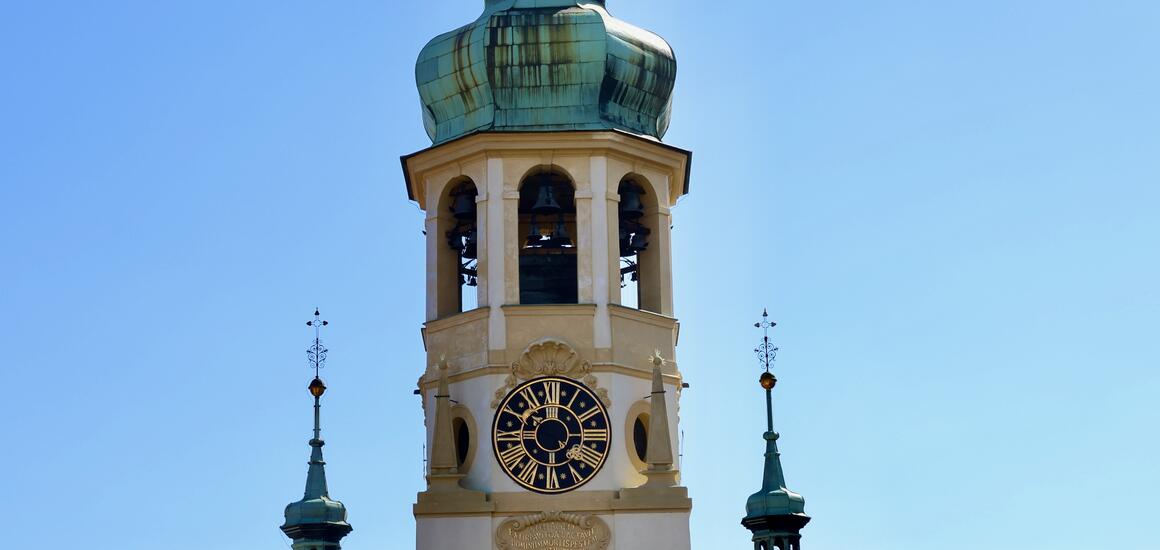
DATE OF VISIT: 6th August 2024
COMMENTS/FEEDBACK:
Loreta, or Loreto (Czech: Loreta), is a significant baroque pilgrimage site located in the Hradčany district of Prague, Czech Republic. It was established in the 17th century and has played an essential role in the religious and cultural history of Prague.
Origins and Construction
The Loreta complex was inspired by the Italian shrine of the Holy House of Loreto in Italy, which, according to Catholic tradition, is the house where the Virgin Mary received the Annunciation from the Angel Gabriel. It was believed to have been miraculously transported from Nazareth to Loreto, Italy, in the late 13th century. The idea of creating replicas of this sacred site spread across Europe, and in 1626, Prague's version was initiated by Baroness Benigna Katharina von Lobkowicz, a member of the noble Lobkowicz family. She commissioned the building to promote the Catholic faith during the Counter-Reformation period, following the Protestant Reformation.
Architectural Features
The central feature of Loreta is the Santa Casa, a replica of the Holy House of Loreto. This small chapel is richly decorated and surrounded by an ornate baroque cloister. Over time, additional chapels, a church, and a treasury were added, creating the current complex.
The facade of Loreta was completed in 1720, designed by the architect Kilian Ignaz Dientzenhofer, a key figure in the development of Prague's baroque architecture. The facade features a prominent bell tower with a unique carillon, which plays a tune composed by the Prague musician Peter Neumann. The carillon consists of 27 bells and chimes every hour, adding a distinctive musical element to the site.
The Loreta Treasure
One of the highlights of Loreta is its treasury, which houses an impressive collection of liturgical objects, including chalices, monstrances, and other religious artifacts. The most famous item is the "Loreto Treasure," a monstrance encrusted with over 6,000 diamonds, known as the "Prague Sun."
Significance and Legacy
Loreta became a major pilgrimage site for Catholics in Bohemia and played a significant role in the Counter-Reformation efforts to reaffirm Catholicism in the region. It has also been a site of public devotion and religious festivities throughout its history.
Today, Loreta remains a popular tourist attraction and a place of worship, symbolizing Prague's rich religious heritage and the enduring influence of the baroque period on the city's architecture and culture. Its historical and architectural significance continues to attract visitors, offering insight into the religious and artistic history of Prague.




















Add new comment